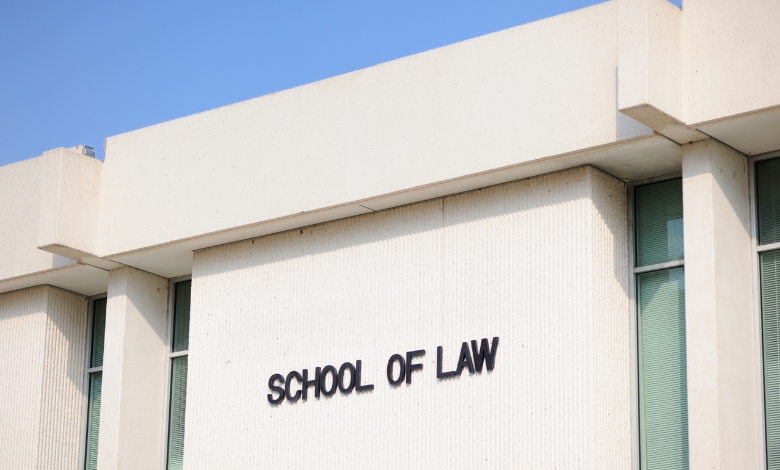Attempted murder is treated as one of the most serious offences under criminal law. Even when the act is not completed, the accused may still face severe legal scrutiny. The focus shifts from the outcome to the intent and actions taken before the offence could occur.
In such cases, courts examine whether a person went beyond planning and took a measurable step toward committing the act. This is where the concept of an overt act becomes essential in determining legal responsibility. A murder lawyer may be called upon to analyse whether such an action existed and if it meets the legal definition of an attempt.
Article Breakdown
Defining the Overt Act in Legal Terms
An overt act refers to a clear and purposeful step taken toward committing an offence. It must be more than just verbal threats or hypothetical planning. Examples include acquiring an object to be used as a weapon, making a physical move toward the target, or waiting in a location to act upon it.
These actions are reviewed within the broader context of the case. Courts look for behaviour that reflects the accused’s intention to carry out the crime. The act itself does not need to cause harm or succeed, but it must suggest a real and deliberate move beyond preparation.
What Transforms a Plan Into a Legal Attempt
Courts examine whether a person’s actions have moved beyond preparation. While steps like researching or buying an item may seem suspicious, they are not always enough. To qualify as a legal attempt, there must be:
- A clear and deliberate step toward the act
- Evidence that supports intent to follow through
- Behaviour that shows more than just planning
This distinction becomes a central point of debate during trial proceedings.
Evidence Used to Establish an Overt Act
In attempted murder prosecutions, evidence is used to support both the intent and the overt act. This might include witness testimony, messages, security footage, or objects found at the scene. Legal teams scrutinise the details to determine whether the accused’s behaviour aligns with the legal definition of an attempt. The defence may present alternative explanations for the actions, such as a lack of intent, a change of mind, or actions taken under pressure. Courts consider the complete context, which gives weight to whether the act was voluntary and aligned with the alleged objective.
Role of Legal Teams in Serious Criminal Allegations
Legal teams handling attempted murder charges focus on how actions are interpreted within the law. They assess whether each step taken truly supports the accusation. Essential responsibilities usually comprise:
- Reviewing evidence for accuracy and context
- Challenging how the prosecution frames overt acts
- Examining motive, timing, and intent in detail
By addressing these areas, legal professionals help ensure that actions are assessed fairly within the framework of the law.
Why Overt Acts Hold Significant Weight in Court
The idea of an overt act helps courts determine whether a charge of attempted murder is appropriate. If no substantial step was taken, the charge may be reduced or reassessed. However, if the act suggests a clear intention to follow through, the prosecution may proceed. This legal concept ensures that individuals are not charged solely based on thoughts or unexecuted plans. It provides a boundary between possibility and action, thus helping maintain fairness in the justice process.
A murder lawyer can provide valuable support when the case depends on interpreting actions as overt. Since this point plays a defining role in attempted murder prosecutions, it generally becomes central to the defence strategy. Understanding how the law views such actions helps ensure that individuals are assessed based on legal standards, rather than assumptions or misinterpreted intent.



